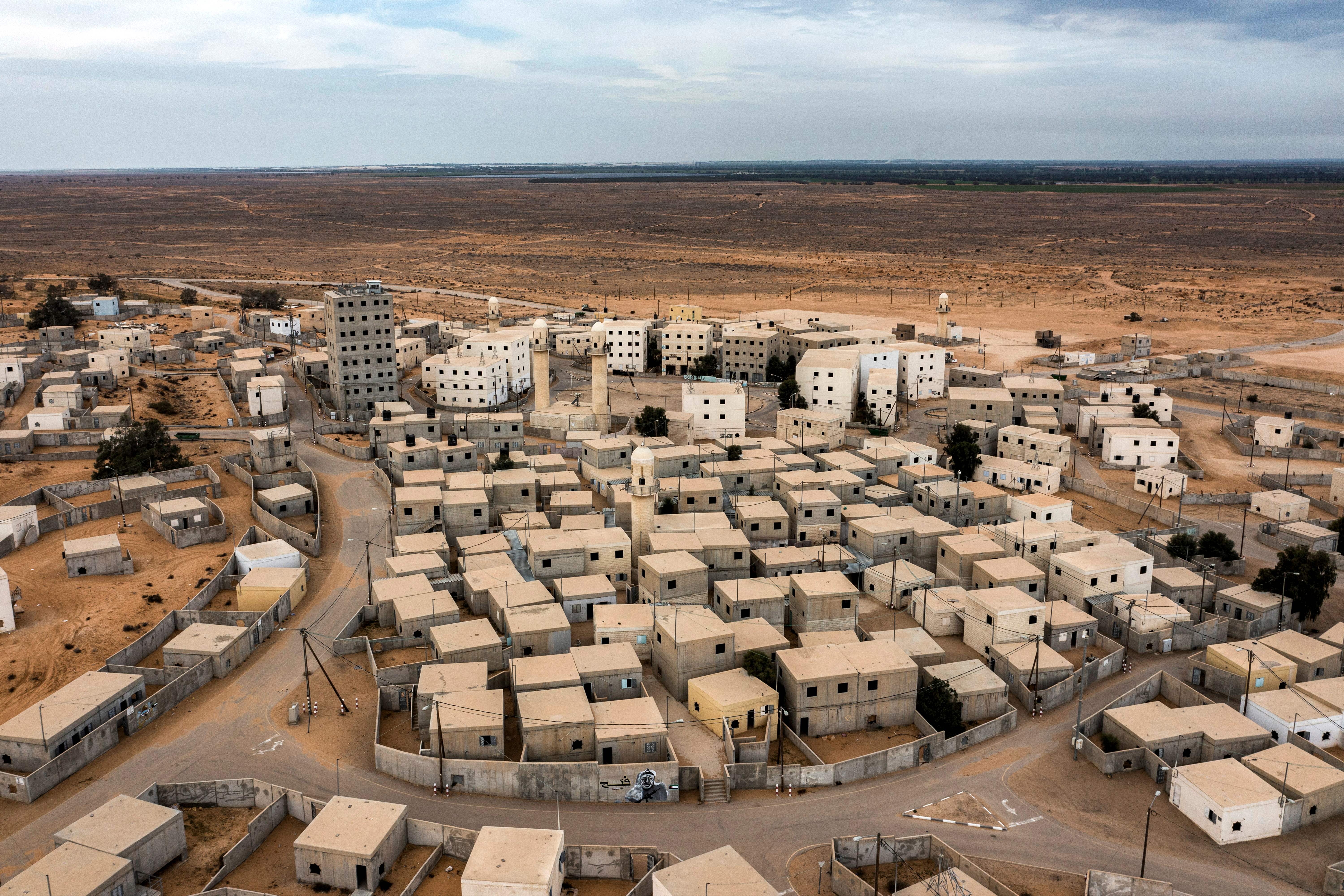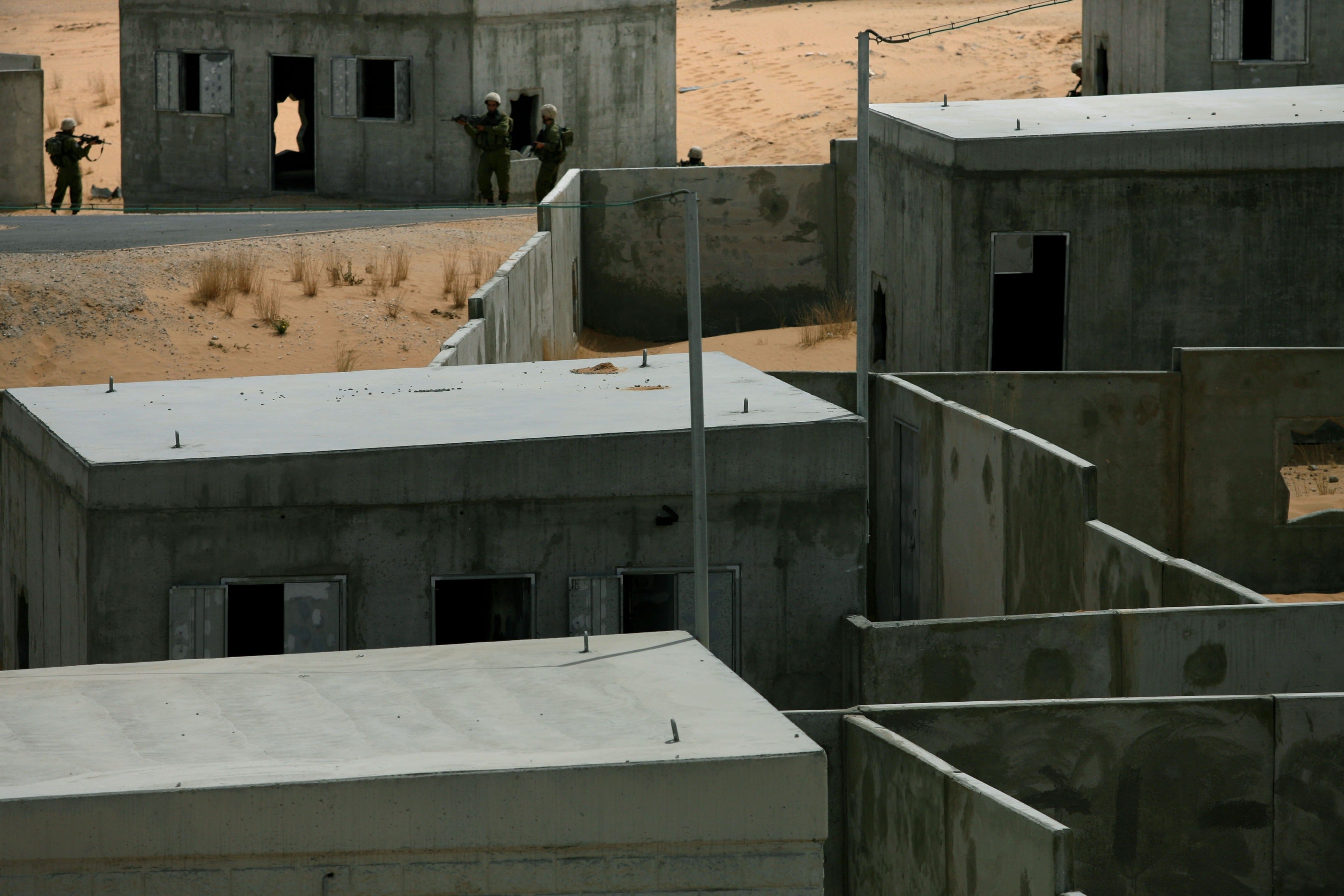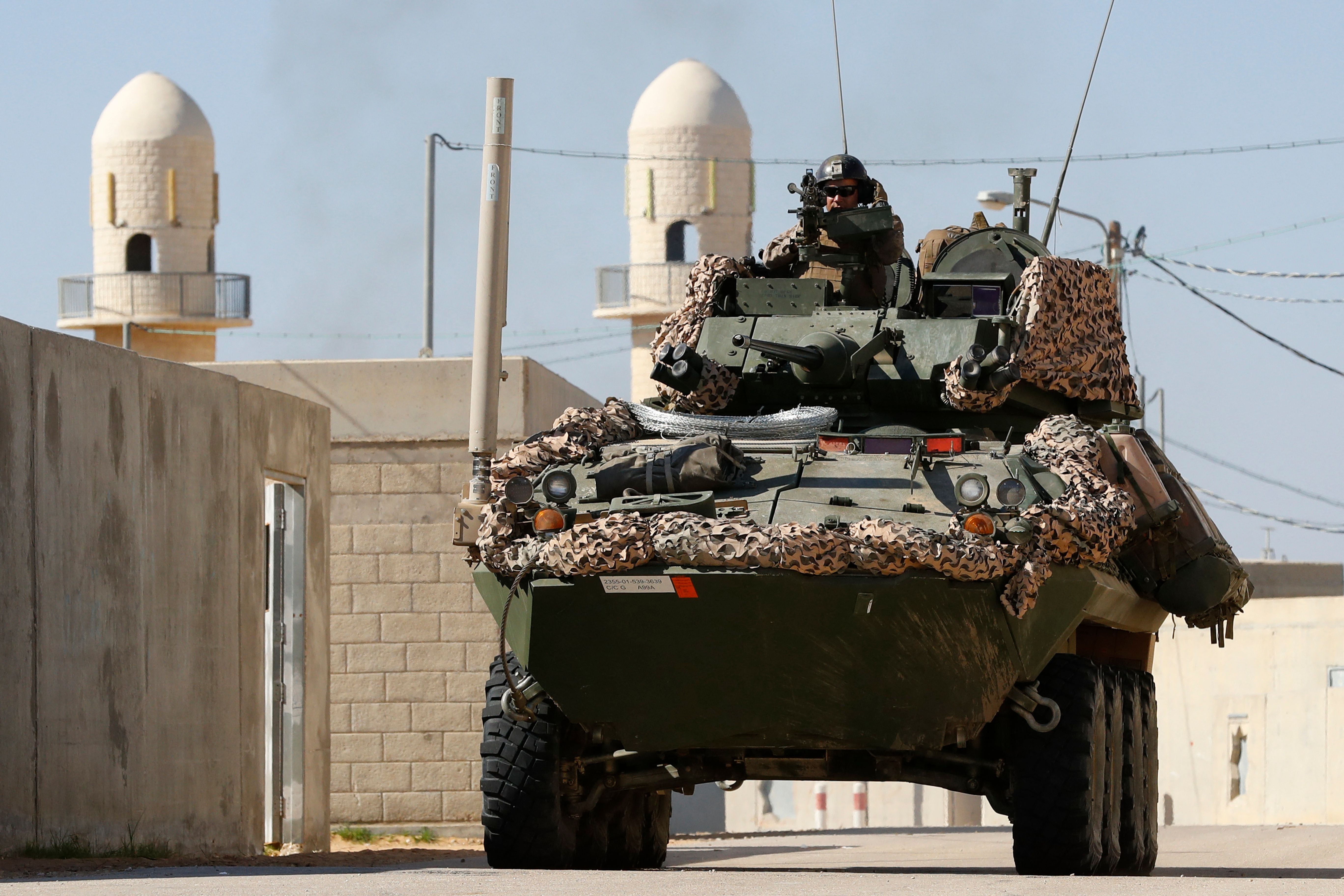Inside Baladia: The huge fake city Israeli troops train in as IDF gather at Gaza border
The 7.4-square-mile facility, costing $45 million, was built in 2005 to address the changing nature of conflict to more urban areas
Your support helps us to tell the story
From reproductive rights to climate change to Big Tech, The Independent is on the ground when the story is developing. Whether it's investigating the financials of Elon Musk's pro-Trump PAC or producing our latest documentary, 'The A Word', which shines a light on the American women fighting for reproductive rights, we know how important it is to parse out the facts from the messaging.
At such a critical moment in US history, we need reporters on the ground. Your donation allows us to keep sending journalists to speak to both sides of the story.
The Independent is trusted by Americans across the entire political spectrum. And unlike many other quality news outlets, we choose not to lock Americans out of our reporting and analysis with paywalls. We believe quality journalism should be available to everyone, paid for by those who can afford it.
Your support makes all the difference.Israel is preparing to launch a ground invasion of Gaza as thousands of troops amass on its border with the conclave.
Over the past few days, the country’s air force has launched near continual and ferocious bombardments of Gaza, levelling whole neighbourhoods and reducing city blocks to rubble after Hamas’s brutal massacre of 1,200 Israelis at the weekend.
Gaza has already been sealed off and its water, fuel, electricity and food supplies cut off and Benjamin Netanyahu, Israel’s prime minister, has vowed to “ruin” all the areas where Hamas operates and “hides” in.

The operation is likely to eclipse all previous offensives in scale and result in hundreds more civilian casualties.
Israeli soldiers involved in the operation are likely to have trained at the Tze’elim army base in the Negev Desert, just east of the Gaza Strip.
The 7.4-square-mile facility, costing $45 million, was built in 2005 to address the changing nature of conflicts between nation-states in open spaces to small units of soldiers fighting guerrillas and in often congested, urban settings.
Built with help from the US military, the modern facility is nicknamed "Baladia," which is Arabic for "city,” and was established as a response to the challenges of the Second Intifada - a major uprising by Palestinians in occupied territories.
It includes a warren of 600 structures including, streets, storefronts, schools, houses, shacks, high-rise apartment blocks, and mosques and the muezzin’s call blares from the minarets, which are illuminated with green Islamic lights.

Murals and graffiti are painted across walls, with one showing Islamic Jihad fighters firing RPGs.
A salon in a private home, decorated with family photographs, flowers, and recent newspapers are among the other buildings in the base
Mortar strikes and explosions are simulated in an apparent bid to show soldiers what they might witness outside a living room window.
UN peacekeepers and US soldiers have also used the base for urban warfare training, with the site being updated in response to evolving terror strategies.
Israel military officials have warned that “every option was on the table” in response to the unprecedented attack by Hamas militants who breached the border fence in dozens of locations at the weekend, when dozen of people were also taken hostage.

“We are preparing our forces for the option of a ground operation. I believe that they are ready, the forces want to do that,” IDF spokesman Major Nir Dinar told The Independent.
The British government on Thursday ordered families of its diplomats in Israel to leave the country in the wake of the Israel-Hamas war.
All diplomats would remain on active duty and keep offering consular services, Britain’s foreign office said in a statement.
"We are temporarily drawing down dependants of staff at our Embassy in Tel Aviv and our Consulate in Jerusalem as a precautionary measure," it added.
The UK has also advised against all non-essential travel to Israel, and the foreign office said it had made its decision about the dependents of diplomats "in line" with that advice.




Join our commenting forum
Join thought-provoking conversations, follow other Independent readers and see their replies
Comments